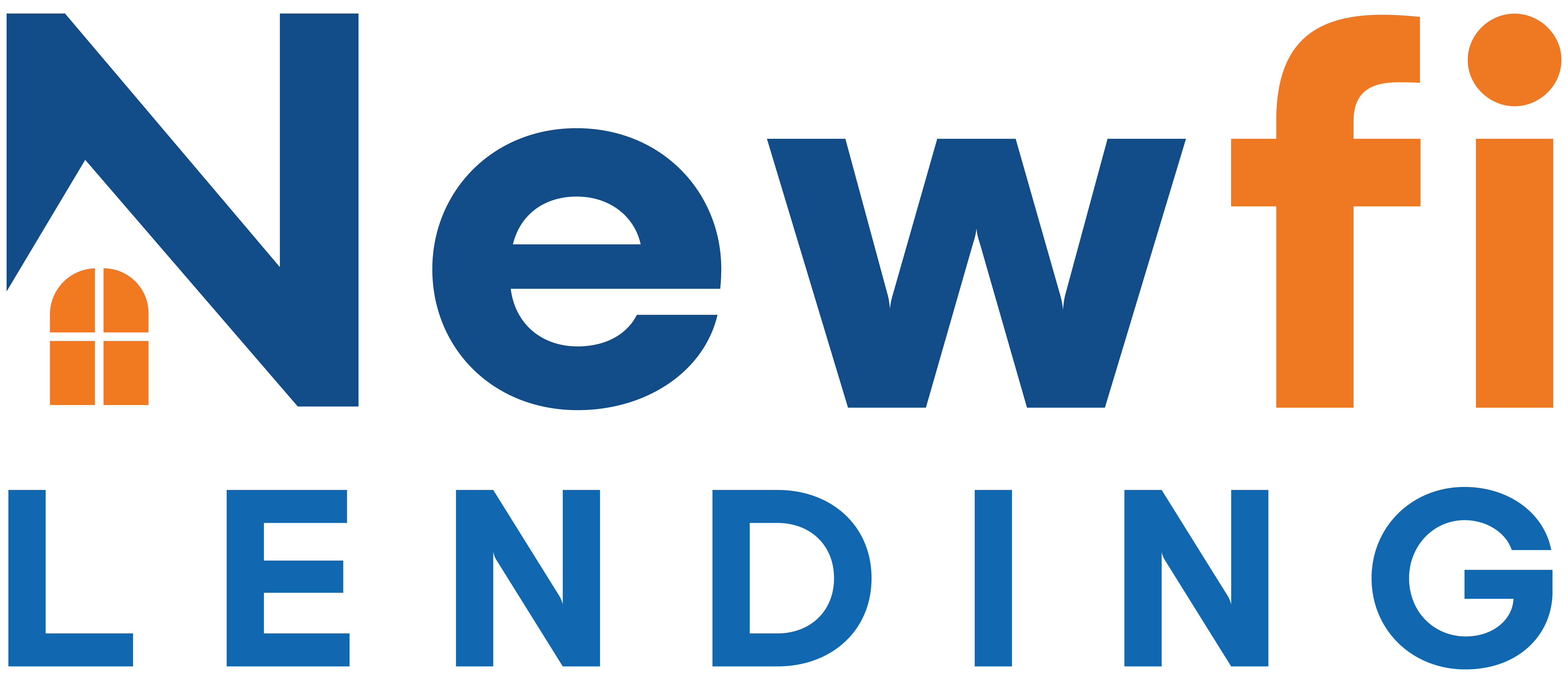Whether you’re looking for the right neighborhood, trying to find the perfect backyard, or figuring out what kind of mortgage is right for you, each step of the home buying process requires careful consideration. Choosing the right mortgage lender is no different. Buying a home is one of the biggest financial decisions that people may make in their lives, which is why finding the right lender to help you finance your home is crucial.
Are you in the market for a new home. Today, we’re breaking down four key questions to ask mortgage lenders so you can find the mortgage lender that fits your needs.
-
Types of Mortgages
It’s important to ask each mortgage lender about the specific types of mortgage loans they offer. Some lenders only offer some mortgage options, such as conventional loans, which are mortgages that are backed by the government. Other lenders may offer various kinds of mortgages.
Several types of mortgage loans are available to you. There are conforming mortgages like, fixed rate mortgages, adjustable-rate mortgages (ARM), Federal Housing Administration (FHA), Veterans Affairs (VA), and United States Department of Agriculture (USDA) loans. As well as non-conforming mortgage options like Jumbo loans, Self-Employed mortgages, and Real Estate Investor mortgages.
Fixed-rate mortgages have the same interest rate throughout the term of the loan, while adjustable-rate mortgages have an interest rate that changes periodically throughout the loan term. FHA loans are backed by the Federal Housing Administration. This mortgage option offers borrowers down payments as low as 3.5 percent and require borrowers to have mortgage insurance.
VA loans often offer options with a down payment as low as 0 percent but are only available to veterans and their family members. USDA loans, backed by the United States Department of Agriculture, are available to borrowers in rural areas.
On the other hand, Jumbo loans are a mortgage option that allows borrowers to exceed conforming loan limits. They may require a sizable down payment and an excellent credit score. Self-Employed mortgages allow borrowers to submit alternative income documentation to qualify for a home loan and do not require traditional tax return income. Real Estate Investor mortgages, like DSCR loans, are mortgage options for borrowers who are looking to purchase a property and rent it out to tenants.
You’ll want to ask mortgage lenders about what types of mortgages they offer and their specific lender requirements. Your loan officer can answer questions about down payment, credit score, income requirements, and debt-to-income ratio. Depending on your location, you may also want to know about loan limits. Lastly, ask your lender about any special programs they may offer like down payment assistance or first-time home buyer programs.
-
Interest Rates
Interest rates vary on things like your credit score, debt-to-income (DTI), and even the mortgage you qualify for. However, mortgage interest rates also depend on external factors, like the economic movements by the Federal Reserve.
Because mortgage rates can vary, it’s important to focus on what you can control. If you’re planning on shopping between lenders, ask each mortgage lender about current rates and what you may be able to do to help lower your rate.
Some lenders may recommend things like putting more money down as a down payment, raising your credit score, or paying down additional debts to lower your DTI.
-
Credit Score
Ask mortgage lenders about their credit score requirements to find out what you’ll need to qualify for a home loan. The better your credit score is, the easier it can be to qualify a mortgage. Additionally, having a higher credit score may offer you better interest rates or more options when shopping for a home.
If your credit isn’t in the best shape, talk to your lender about your options. You can use a credit monitoring tool regularly to make sure no mistakes are on your credit report but know that these tools display estimated credit scores and may not reflect the scoring method used to qualify you for a mortgage. Some strategies to boost your credit scores are making sure you’re paying all bills on-time, maintaining a low revolving balance, and limiting your credit inquiries.
-
Mortgage Requirements
Qualifying requirements will vary between mortgage lenders and between different mortgage options, so it’s important to discuss specific requirements with each lender. Be sure to ask about requirements for income, credit score, debt-to-income ratio, and down payment requirements.
It’s important to know how qualifying requirements vary between lenders and mortgage options because it will help you make a more informed decision. For example, you may be looking for a lower down payment mortgage option. As previously mentioned, down payment requirements vary depending on the mortgage option you qualify for. Some lenders may even offer down payment assistant programs.
However, in some cases, a lower down payment option may require you to pay for Mortgage insurance.
Mortgage insurance is a premium that is added to a borrower’s monthly mortgage payment typically until they reach 20% equity in their home. You may be required to pay for mortgage insurance if you qualify for an FHA Loan.
Being Prepared with the Right Questions Can Make All the Difference
Choosing to buy a home is a huge commitment. Being prepared with a list of questions for your lender can help you feel empowered and ready to make a decision that works for your situation!
If you’re ready to start your home buying journey, you can connect with one of our knowledgeable Senior Loan Advisors here or by calling us (888)316-3934.
Want to learn more about how we help our borrowers every day? You can read any of our 1,400+ reviews to see what our past clients have to say!

